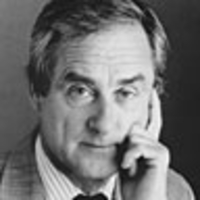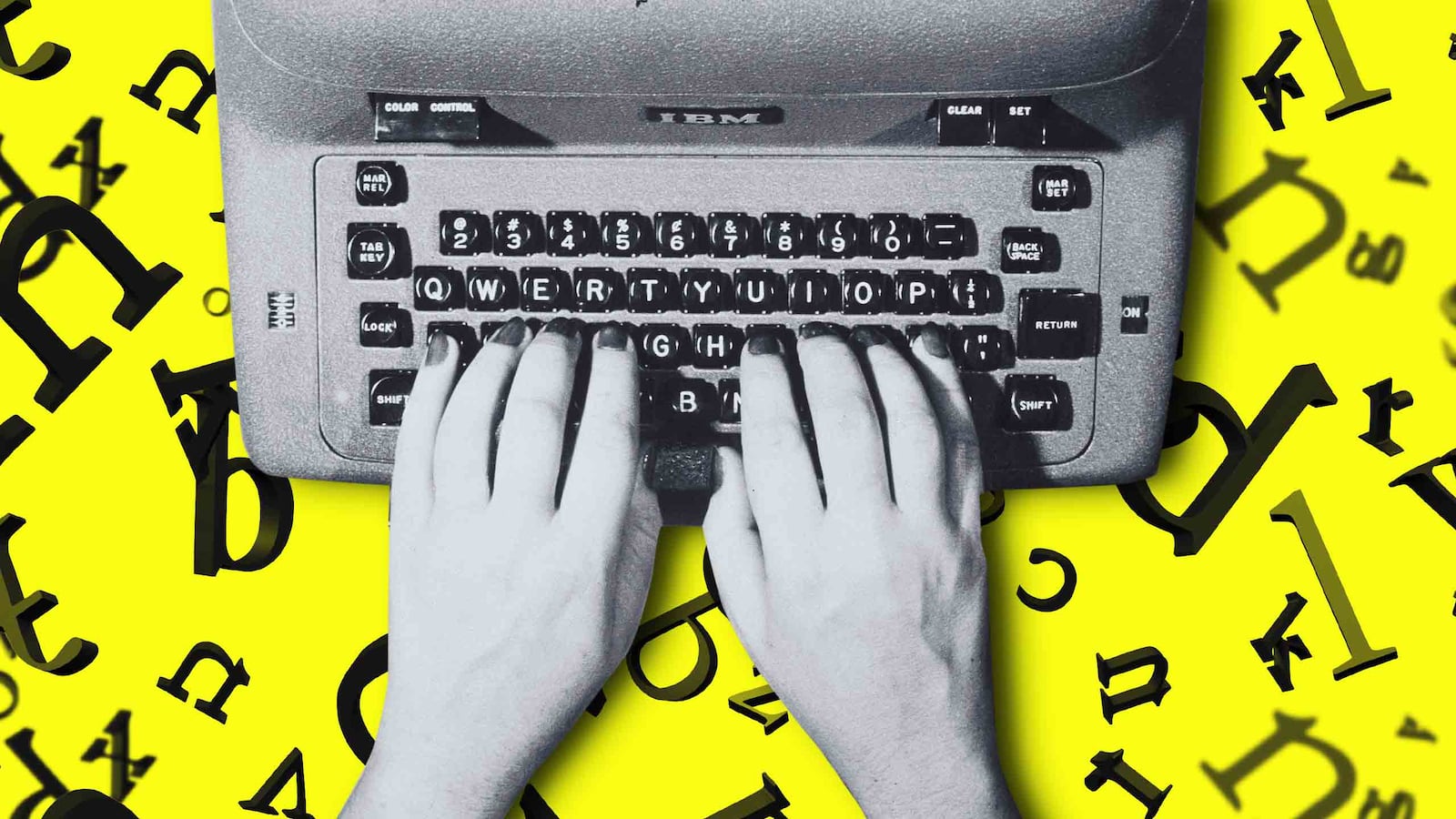When the men (and women) from Mars land next year—language and life are moving that fast—they will of course command, “Take us to your leader.” Thereafter conversation will be limited if they are modish folk who have adopted all the new words sanctified as acceptable English by the Oxford English Dictionary.
The tsunami of new words has not so far relieved us of the encroaching corruptions of political vocabulary skewered by Orwell seventy years ago. “Emptying words of meaning is an essential step on the road to autocratic rule.” It sounds like an ungood Newspeak principle, but it is fresh from Roger Cohen, the New York Times columnist, commenting in 2017 on the weird events of the Trump presidency. Having scored a surprise Electoral College victory, but not the “landslide” he claimed, the new president obsessed about the size of his inauguration crowds and the conspiracy whereby Hillary Clinton sneaked nearly three million noncitizens into the nation’s voting booths. No doubt the infiltrators of his imagination did all the dirty work in the dead of night, carrying their clichés with them. The president’s acolytes threatened to avenge the media for failing to find the mythical armies of fraudsters, and then promulgated even more mendacities about the media’s determination to suppress news of acts of terrorism. In the president’s mind, that made them “among the most dishonest human beings on earth.”
The enduring story in American ethical culture, adopted over two centuries ago, is how the conscience of six-year-old George Washington would not let him lie to his father about taking a hatchet to a cherry tree. Early in the 2016 presidential election, it could safely be said the candidate destined to be the forty-fifth president was not trying to embellish the moral legend of the first. Within the normal meaning of words, Trump is either a liar or a victim of “truthiness,” as diagnosed by Dr. Colbert. We are certainly in the vortex of what’s come to be called the post-truth society. In 2016 the Oxford Dictionaries announced that “after much discussion, debate and research,” post-truth was the Word of the Year, as an adjective defined as “relating to or denoting circumstances in which objective facts are less influential in shaping public opinion than appeals to emotion and personal belief.” Scottie Nell Hughes, the news director of the Tea Party Network, is assiduous in polishing the brass plate on the Ministry of Post and Alt-Truth. She corrects the deviants: “People say facts are facts—they’re not really facts,” she argued on The Diane Rehm Show.
We all have to be made to realize that anything is true if enough people believe it. Some publications seemed not to have received the Alt bulletin. Forbes, the Guardian, the Washington Post, Vanity Fair, Politico, and NBC didn’t hesitate to pin lie on a falsehood, which, given the number of falsehoods, is understandable. But a falsehood is not necessarily a lie. We have all made statements believing them to be true, only to find they were false. Rather than argue about definitions, Steve Adler, editor in chief of Reuters, the global news agency, responded to the White House attacks with a ringing declaration: Reuters, responsible for reporting the news independently in more than one hundred countries, is bound by the Reuters Trust Principles to report “fairly and honestly by doggedly gathering hard-to-get information—and by remaining impartial.”
The president’s millions of supporters did not care about any of this. David Frum, a former speech writer for Bush 43, reported in The Atlantic (February 2017) that a Trump tweet attacking the University of California was “precisely the opposite of the truth”—but it had become “dogma in Trump world, including Trump-skeptical conservatives.” Most editors recognize the risks in shouting “Lie!” in an empty theater. It is as well to be credible as it is to be clear. If the public buys the line of Trump’s chief strategist, Steve Bannon, that media is “the opposition,” everything from that source can be discounted as polluted by bias. To borrow Lenin’s verb, the concept of truth would gradually wither away.
The irony is that in 2016–2017 mainstream news media—on the whole—was more restrained and more precise in its language than the president and his strategist and the rightwing chorus in Fox, Breitbart News, and hate radio. For years they promoted the smear that President Obama was an alien. The editor of the Wall Street Journal, Gerard Baker, said he would identify statements like this as “challengeable” or “questionable” and publish the evidence pro and con, but not identify them as lies because that was to imply “moral intent” and mark the publication as biased. It caused something of a stir in September 2016 when the New York Times appeared with a front-page headline: “Donald Trump Clung to Birther Lie for Years, and Still Isn’t Apologetic.” The executive editor Dean Baquet acknowledged that lie has “powerful implications,” but he was clear what the word meant: “A lie implies that it was done with complete, total knowledge that it was a falsehood.”
We have waited for a new word for lie that throbs with the revulsion the noun and verb once provoked universally. Roget’s Thesaurus gives us a plethora of adjectives: downright lies, shameless lies, monstrous lies, outright lies, filthy lies, barefaced lies, shocking lies, dirty lies, big lies; and in desperation, we can draw from the vocabulary of absurdity: codswallop, bullshit, balderdash. None penetrates to the heart of darkness as Lawrence Douglas’s term meta-lie, for insidious untruths aimed at changing—subverting—the way we think of institutions we rely on for exposing lies, error, and corruptions—media, academia, judiciary. The drip-feed of the poison is the suggestion that the monitors are corrupt, dishonest, and lying—part of the elitist plot against the common man. Douglas, a law professor at Amherst, writing in the Guardian (February 7, 2017), acknowledges a debt to Hannah Arendt (1906–1975), the author of The Origins of Totalitarianism. Roger Berkowitz, the Arendt scholar at Bard College, is eloquently on the same page. The political lies Arendt worried about, he says, are not mere falsehoods. They are political acts in which facts are denied and alternative realities are created. “The political lie opens the door to a politics that not only denies facts but works actively to disempower facts, thus enabling the creation of a coherent albeit fictitious world. The danger inheres in the utter logicality of the fictional narrative. To preserve the fiction, facts that contradict it need to be eliminated.”
Arendt had a weighty ally in the art of political lying:
“My imagination represents before me a certain great man famous for this talent … The lies which he plentifully distributes every minute he speaks, and by an unparalleled generosity forgets and consequently contradicts the next half hour … He never yet considered whether any proposition were true or false but whether it were convenient for the present minute or company to affirm or deny it; so that if you think to refine upon him, by interpreting everything he says, as we do dreams, by the contrary, you are still to seek, and will find yourself equally deceived whether you believe or not: the only remedy is to suppose, that you have heard some inarticulate sounds without any meaning at all.”
(From “The Art of Political Lying” by Jonathan Swift [1667–1745], author of Gulliver’s Travels)
Copyright © 2017 by Harold Evans. Courtesy of Little, Brown and Company.
Harold Evans is a British-born journalist and writer who was editor of the Sunday Times from 1967 to 1981. A graduate of Durham University, he has written a number of bestselling histories. He followed the late Alistair Cooke in commentaries on America for the BBC. An American citizen since 1993, he has held positions as editor-in-chief of the Atlantic Monthly Press, founding editor of the prize-winning Conde Nast Traveler; editorial director of the Atlantic and US News and the New York Daily News; and president and publisher of Random House. He holds the British Press Awards' Gold Award for Lifetime Achievement of Journalists. In 2001 British journalists voted him the all-time greatest British newspaper editor, and in 2004 he was knighted. Since 2011, he has been editor-at-large for Reuters.




